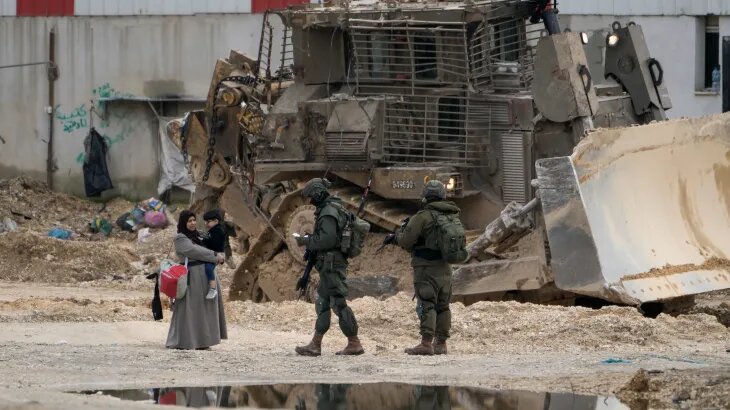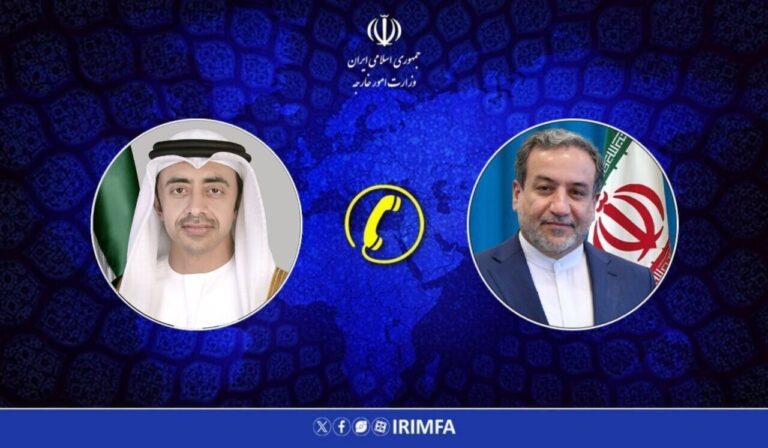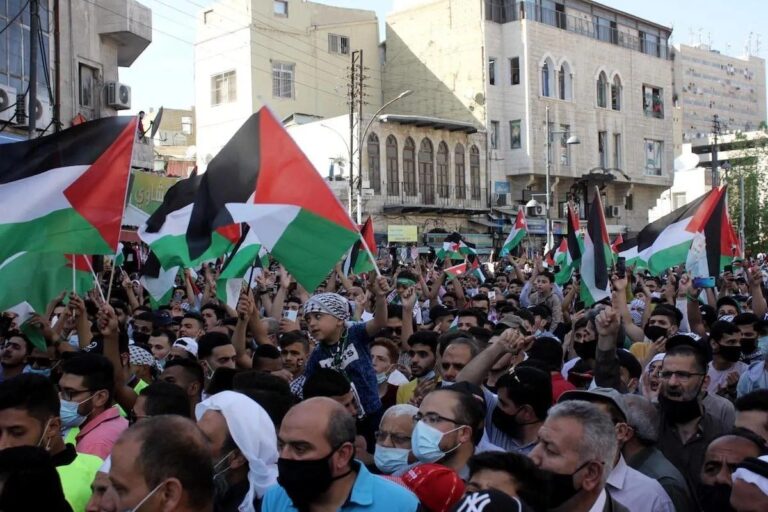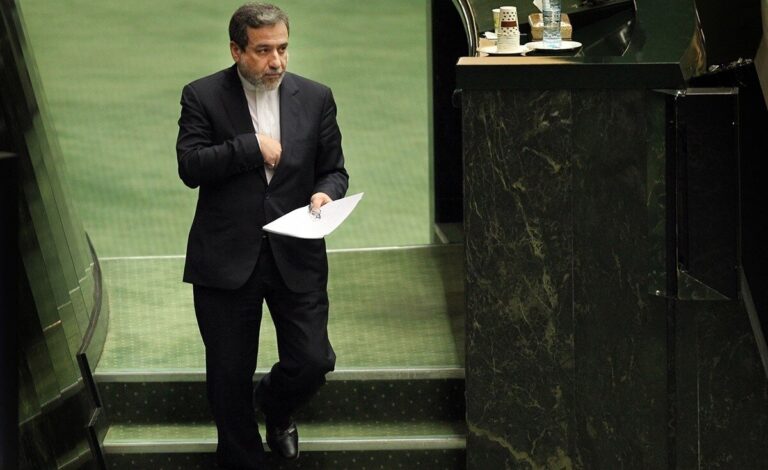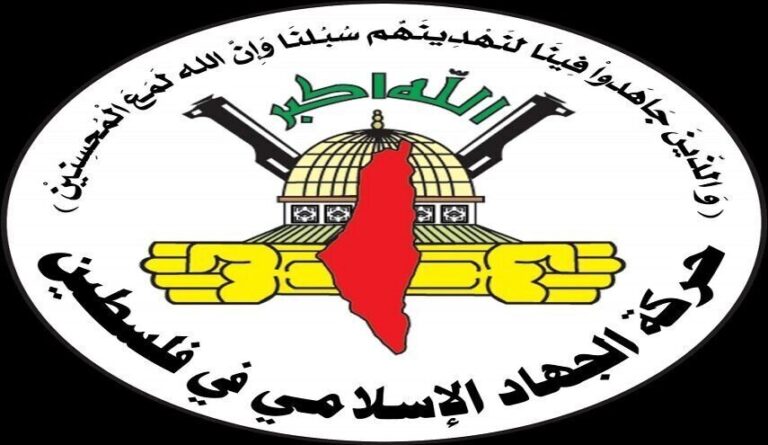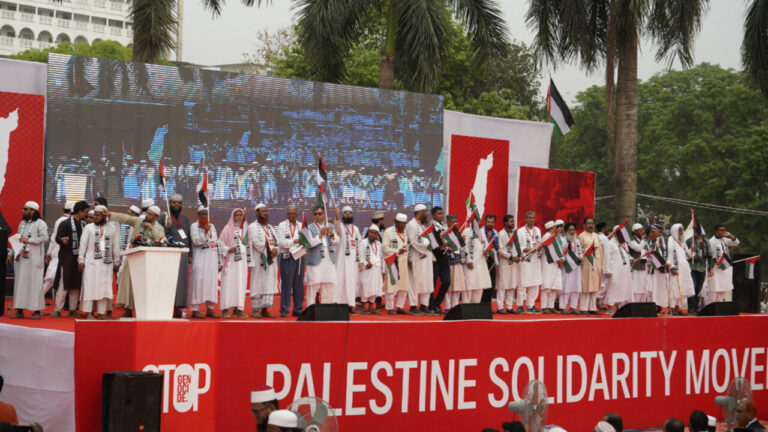Israeli Forces Intensify Operations: Storming Multiple Towns in the West Bank
In a series of troubling incidents, Israeli soldiers assaulted students in various locations, raising concerns about the ongoing tensions in the region. Reports indicate that the violence has escalated, particularly near schools and residential areas, causing injuries and distress among the local population.
On a recent day, Israeli soldiers were reported to have attacked three students near a school in Huwara, located to the south of Nablus. The students sustained bruises from the confrontation, highlighting the alarming situation surrounding educational environments in affected areas.
In another incident in the town of al-Khader, south of Bethlehem, a number of students experienced suffocation injuries after Israeli forces deployed tear gas and sound bombs. This aggressive tactic not only poses physical risks to the students but also creates a climate of fear and anxiety within the community.
Meanwhile, Israeli special forces conducted a raid in Aqqaba town, north of Tubas, where they surrounded a residential house. Such military actions contribute to the instability and unrest in the region, leaving families in distress as they face the threat of violence in their neighborhoods.
Additionally, in Funduq village, located east of Qalqilya, Israeli forces utilized bulldozers and heavy machinery to damage agricultural land and demolish a retaining wall. This destruction of property disrupts local livelihoods and raises concerns about food security in the area.
In the town of al-Issawiya, northeast of occupied East Jerusalem, homes were raided as soldiers conducted searches. These invasions not only violate personal privacy but also instill fear among residents who are already grappling with the consequences of military presence in their lives.
In a response to the escalating situation, a UN delegation visited the Balata camp, east of Nablus, to assess the damage and the humanitarian situation. Their visit underscores the urgent need for international attention and intervention to address the ongoing crisis faced by the local population.
The series of events outlined above paints a troubling picture of the current state of affairs in the region. Here are some key points to consider:
- Assaults on Students: Reports indicate that students are increasingly becoming targets of violence.
- Use of Tear Gas: The deployment of tear gas and sound bombs raises serious concerns about the safety of young individuals.
- Military Raids: Special forces conducting raids create an atmosphere of fear and uncertainty for residents.
- Destruction of Property: The demolition of agricultural land and retaining walls impacts local farmers and their livelihoods.
- Humanitarian Concerns: The UN’s involvement highlights the dire humanitarian situation that needs to be addressed.
The ongoing violence and military operations not only affect those directly involved but also ripple through communities, impacting families, children, and local economies. The international community must pay closer attention to the unfolding events and advocate for peace and stability in the region.
As tensions continue to rise, it is imperative to foster dialogue and understanding to prevent further escalation. The situation remains fluid, and vigilance is needed to ensure the safety and well-being of all individuals in the affected areas.
In conclusion, the recent assaults and military actions against civilians, particularly students, highlight the urgent need for a resolution to the ongoing conflict. The involvement of international organizations like the UN is crucial in addressing the humanitarian crises resulting from these actions. It is essential for all parties involved to seek peaceful solutions and prioritize the safety and dignity of all individuals in the region.
